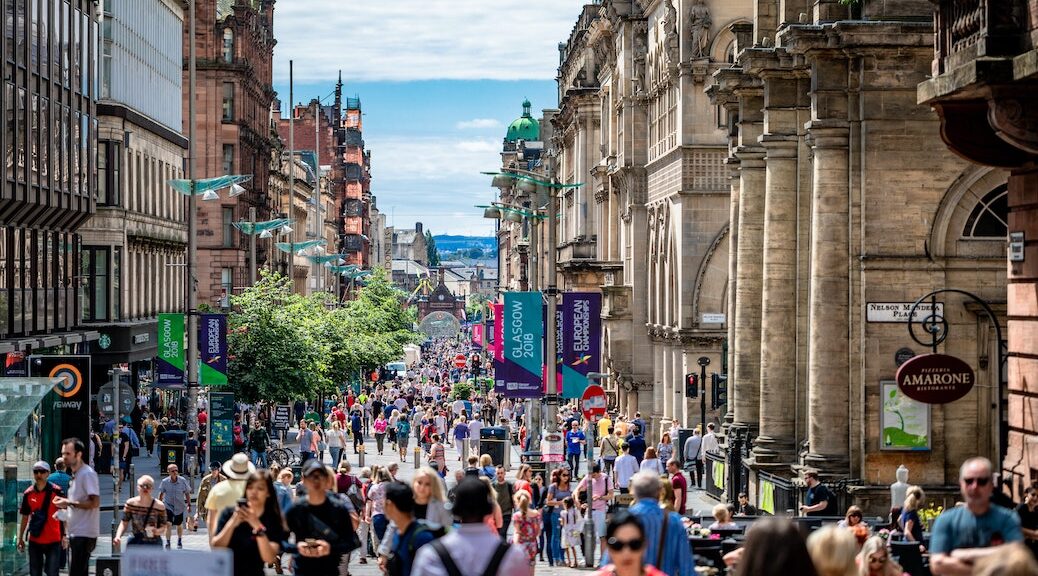As the world prepares for the 26th Conference of the Parties (COP) to open in Glasgow, on October 31st, it is also absorbing the news that no matter what we do global temperatures will continue to rise until 2050.
It has been two months since the Intergovernmental Panel on Climate Change (IPCC) released the report it calls “a code red for humanity.
In the UN News for that day, Katy Dartford, reported that the 234 scientists working on the report concluded “climate change is widespread, rapid and intensifying.” Some negative impacts, like sea level rise, “are already irreversible for centuries to millennia ahead.” The planet will reach the 1.5°C threshold in the next twenty years.
“But the IPCC experts say there is still time to limit climate change,” she said.
In another UN News report, IPCC spokesperson Jonathan Lynn said, “It is indisputable that human activities are causing climate change and human influence is causing extreme climate events, including heat waves, heavy rainfall and droughts, more frequent and severe. Unless we take immediate, rapid and large scale reductions in greenhouse gas emissions, then indeed limiting warming to 1.5°C – which is what governments have agreed they want to do – that will be beyond reach.”

“Time is running out. Irreversible climate tipping points lie alarmingly close,” said UN Secretary-General António Guterres. “We now have five times the number of recorded weather disasters than we had in 1970 and they are seven times more costly. Even the most developed countries have become vulnerable.”
He stressed the fact that important steps must be taken, to fulfill the promises of the Paris agreement.
An IPCC news release laid out the four steps to be adopted at COP 26
1. The world must achieve net zero emissions by mid-century to keep the goal of 1.5 degrees within reach. This means there must be ambitious emissions reductions by 2030. To do this, the world must:
- accelerate the phase-out of coal
- curtail deforestation
- speed up the switch to electric vehicles
- encourage investment in renewables.
2. The climate is already changing and it will continue to change even as we reduce emissions, with devastating effects. At COP26 we need to work together to enable and encourage countries affected by climate change to:
- protect and restore ecosystems
- build defences, warning systems and resilient infrastructure and agriculture to avoid loss of homes, livelihoods and even lives
3. To deliver on those first two goals, developed countries must make good on their promise to mobilize at least $100 billion in climate finance per year by 2020. International financial institutions must unleash trillions of dollars in private and public sector financing in order to secure global net zero.
4. The nations must work together, at COP 26, to finalize the detailed rules that make the Paris Agreement operational.

There is less than a month to go before COP 26 opens in Glasgow. Guterres calls it “the most important climate conference since Paris.”
He said our planet can only meet the goal of reducing climate rise to 1.5°C if all G20 countries. “which are responsible for 80% of our global emissions, take decisive actions. Our planet is currently on course for a 2.7°C rise in global temperatures.”
This program was originally broadcast on Tuesday October 5th and aired again on Friday, October 15th, 2021.
top photo credit: Sunny day on Glasgow Buchanan Street – Photo by Artur Kraft on Unsplash
Sign-up for emails:
To receive an emailed catalogue of articles on Cortes Currents, send a (blank) email to subscribe to your desired frequency:
- Daily, (articles posted during the last 24 hours) – cortescurrents-daily+subscribe@cortes.groups.io
- Weekly Digest cortescurrents – cortescurrents-weekly+subscribe@cortes.groups.io

